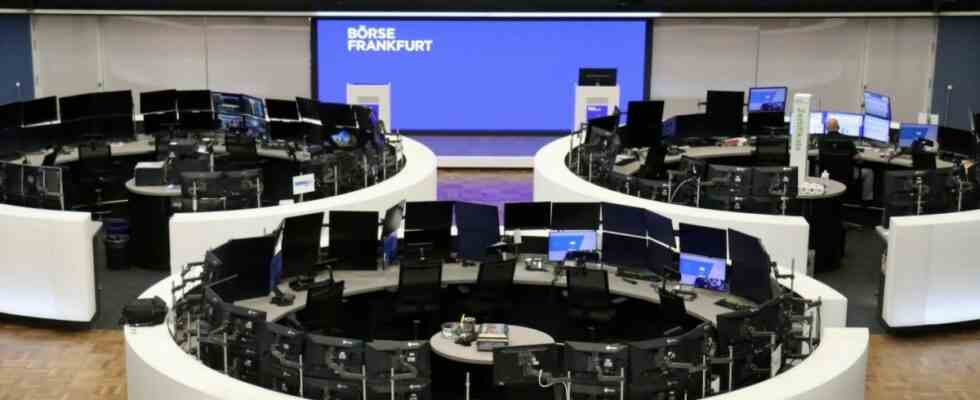If even savvy financiers suddenly park their money en masse on the account, that must mean something. Stocks, bonds, crypto currencies or lucrative real estate projects? Actually, the money managers always know how to start something creative with sums in the billions. However, a Bank of America survey of billions of managers recently showed that financial professionals are currently heavily investing in money markets. In money, dollars, or American: cash.
The reason? Other investments slumped significantly in the first six months of the year, and it was a horrible half-year for the stock exchanges. The leading German index, the Dax, started the year with hope at more than 16,000 points – and now weighs less than 13,000 points. In the first six months, the leading US index fell more than it had since 1970, according to data from the Bloomberg financial service.
Since the beginning of the year, more than 14 trillion dollars have fizzled out on the stock exchanges worldwide, at least on paper. According to Reuters calculations, US government bonds with a remaining term of ten years have had their most dramatic half-year since 1788. Even the former hope for the future Bitcoin collapsed. A slight minus on the markets turned into a medium correction, then a full-blown crash in rates. “For investors, a quarter to forget is coming to an end today,” says market expert Timo Emden from the analysis company Emden Research.
There is a new risk aversion
It all started so well: the corona virus, many hoped at the beginning of the year, would evaporate with the warmer temperatures, and many supply chain problems would disappear worldwide. Then, however, the Kremlin’s war of aggression against Ukraine also affected the stock market and changed the sign.
Significantly rising commodity prices caused inflation to climb, and many central banks raised their key interest rates as a countermeasure. “The financial markets have been under the spell of inflation for months,” says investment strategist Gérard Piasko of the Swiss private bank Maerki Baumann. In view of this, the calculation of many financial professionals is very simple: If safe government bonds bring more income again with higher interest rates, they push less money into risky investments such as shares or Bitcoin.
With the new risk aversion on the stock market, the soaring of the hyped tech stocks ended. Shares in the Hellofresh cooking box service fell by more than 50 percent, and that of the online fashion retailer Zalando by more than 60 percent, making both shares at the bottom of the leading German index Dax. Unlike in the real world, they didn’t deliver in the stock market.

